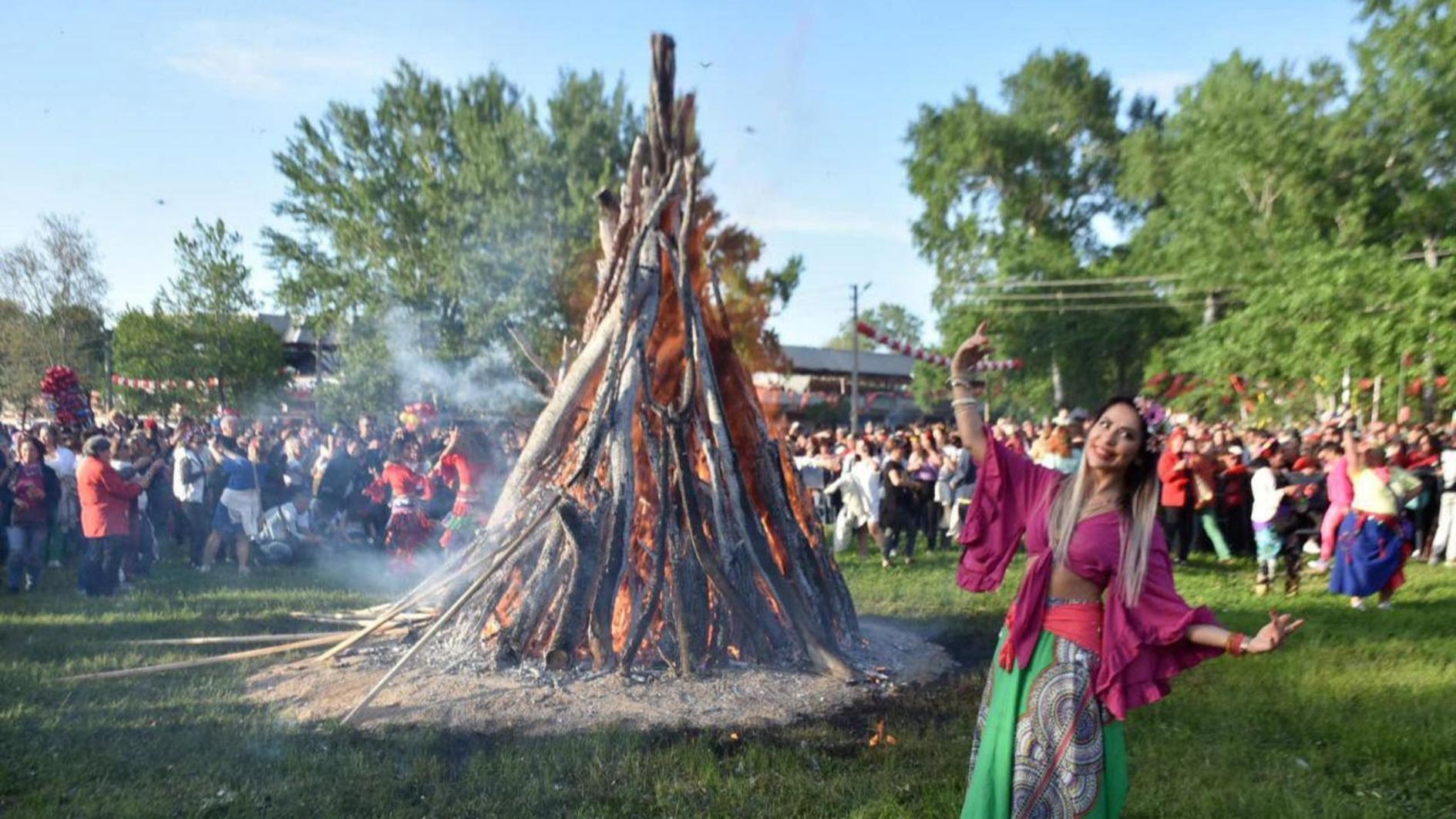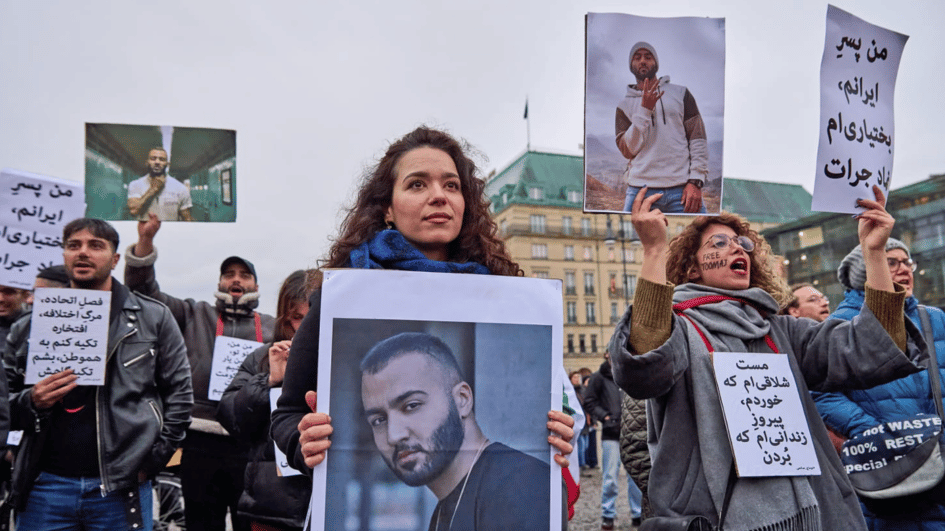Is Erdoğan burning bridges with the BDP?
As expected, Prime Minister Recep Tayyip Erdoğan’s address yesterday to his lawmakers at the Justice and Development Party (AKP) headquarters delivered very important messages on an ongoing discussion about the lifting immunities of 10 pro-Kurdish lawmakers. The move could put these deputies before the court on terror-related charges and result in the arrest of some of them if they are found guilty.
Erdoğan’s messages were crucial as they came following a number of developments that made his hand more difficult in moving ahead in his attempt. The first blow was dealt by President Abdullah Gül, who sharply noted his opposition to the move and was followed by some of his party colleagues, who declared that they would not vote in favor of the abolishment of pro-Kurdish lawmakers’ immunities.
Justice and Development Party (AKP) lawmakers Galip Ensarioğlu and Ziver Özdemir publicly stated their unwillingness to join the rest of the party with comments that those who were opposed to Erdoğan’s call in his party were more than 30.
However, Erdoğan quickly proved that he was not deterred by the dissidents and by the president’s opposition, openly challenging them and vowing to go ahead, saying “otherwise neither the people nor God will forgive us.”
Gül called on the government not to make the same mistakes as in the early 1990s, when a number of pro-Kurdish deputies were arrested in Parliament, deepening and making the solution for the Kurdish question much harder. But Erdoğan replied, saying, “Some remind us now of 1992 and 1994. Conditions have changed, we are not in 1994; we are in 2012.”
Challenging the dissidents in his own party, Erdoğan openly threatened them with expulsion from the party, saying “they cannot walk together with those who can tolerate the moves of lawmakers who promote terrorism and act as an affiliate of a terrorist organization.”
However, Erdoğan’s messages yesterday were not limited to those lawmakers whose immunities could be lifted. Targeting the institutional identity of the Peace and Democracy Party (BDP) in a blunt way, Erdoğan accused the party as a whole of being the political wing and the subordinate of the outlawed Kurdistan Workers’ Party (PKK). He went further, saying the party was breaching its constitutional responsibilities.
In addition, he recalled the BDP’s decision not to vote in favor of a constitutional amendment in 2010 making the closure of political parties almost impossible, hinting at possible judicial action against the party.
Although he did not directly mention potential action about the dissolution of the BDP, he preferred to underline this possibility through indirect references. The prime minister seems to have already burned bridges with the BDP as he openly labeled it a PKK affiliate and accused its lawmakers of promoting terrorism. Maintaining political channels to help solve the Kurdish question and eliminate terrorism in the country in such a case will be very hard afterwards – if, of course, the government still has such a will.











